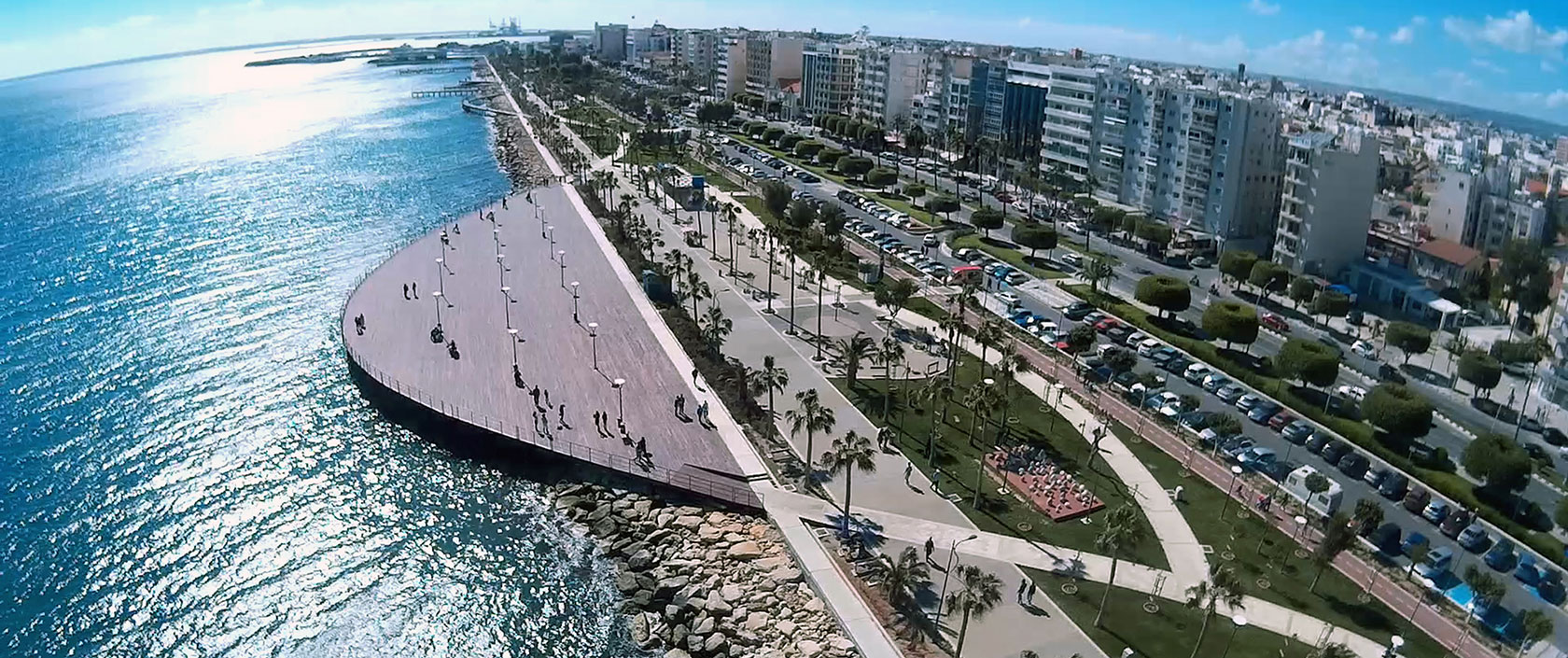I found them on the hills of Pentalia. Two bodies, stiff, discarded as if they had never lived, as if their devotion had meant nothing. Hunting dogs, once valued for their precision, now left to decompose under an indifferent sky. This is not an anomaly. It is a pattern.
In Cyprus, hunting dogs exist in a state of liminality – highly prized tools in their prime, but easily discarded once they cease to serve. They are both indispensable and disposable, living paradoxes caught between purpose and worthlessness. This contradiction is not accidental; it is systemic, embedded in the very structure of how these animals are perceived.
To understand the treatment of hunting dogs in Cyprus, one must go beyond the immediate cruelty and trace the roots of this moral failure. Some might argue that the solution is education – more information on animal welfare, better training on responsible ownership, stricter regulations on abandonment. Yet this assumes that knowledge alone is enough to recalibrate ethical responsibility. It is not.
What is required is a fundamental shift in the moral compass of the hunting community. A restructuring of perception – one that moves beyond the reduction of these dogs to mere instruments of sport. Their worth should not be contingent on performance, nor should their fate be sealed by obsolescence.
Meanwhile, the shelters overflow. They are packed with ghosts that still breathe, dogs with names that no one calls, waiting for homes that will never come. Rescuers are drowning in it, exhausted, stretched thin between too many bodies and too little hope. The constant weight of it all breeds apathy, not because we do not care, but because caring has worn us down to the bone.
This is not simply about law enforcement or welfare initiatives. Those can mitigate symptoms, but they cannot cure the disease of disposability. True change requires an internal reckoning within the very culture that normalises this cycle of use and neglect. Hunters must recognise these dogs as sentient beings – not as temporary extensions of their own pursuits, but as lives with inherent value.
To achieve this, the conversation must shift from the practical to the philosophical. It is not enough to say, “Do not abandon your dogs.” We must ask, “Why do you see them as things that can be abandoned at all?”
As I stood on that hillside in Pentalia, looking at the lifeless bodies of those two dogs, I could not help but think that they were not victims of individual cruelty, but of collective indifference. The question is not whether this will happen again, but whether we – as a society – are willing to rewrite the narrative that made it acceptable in the first place.
Teresa Tyler, via Cyprus Mail Facebook messenger






Click here to change your cookie preferences